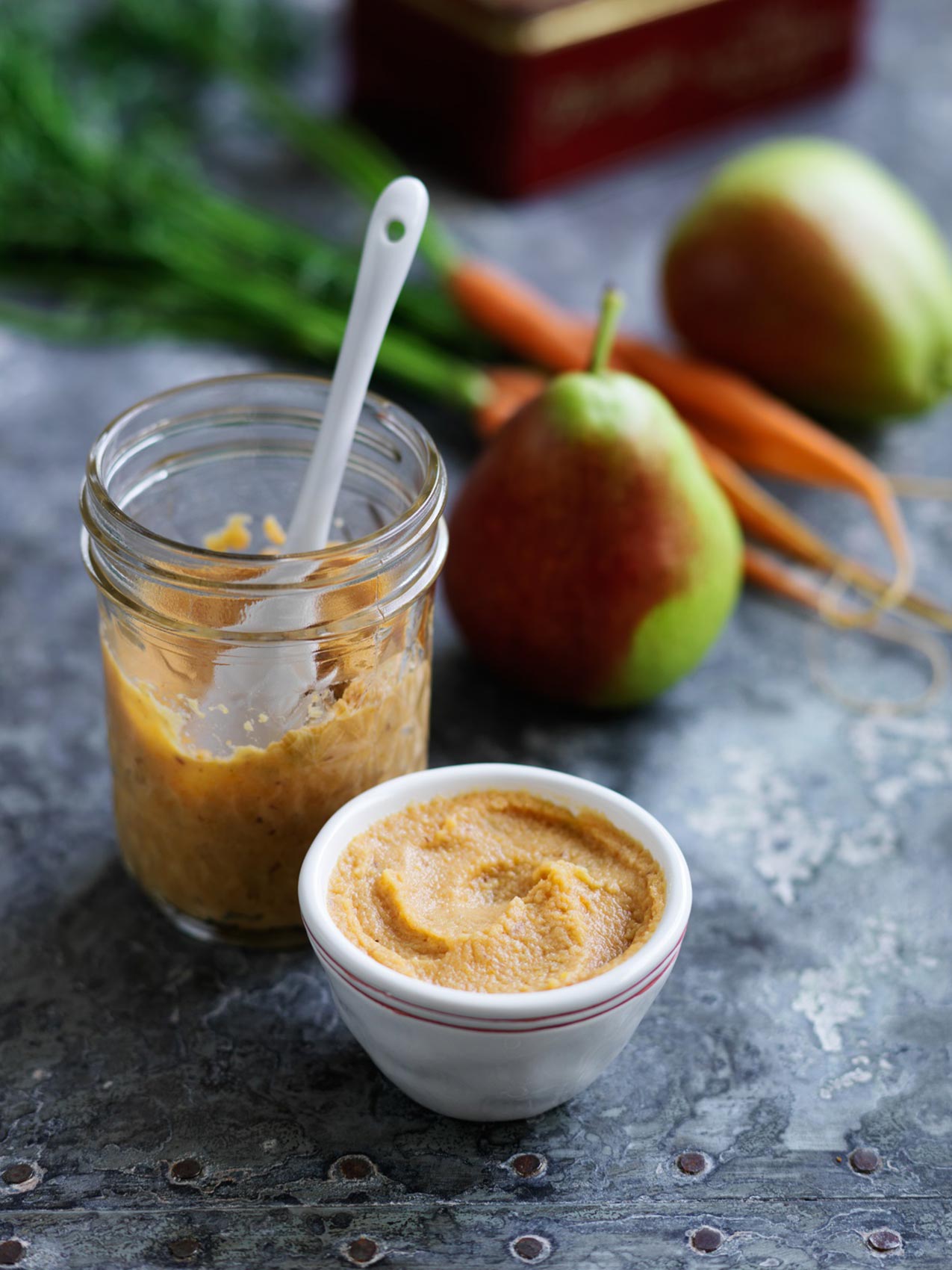Starting solids: top 5 must-knows

Here’s a blog post I wrote for the Woolworths Baby & Toddler Club. You can find the full article on their website: https://woolworthsbabyandtoddlerclub.com.au/
Congratulations! You’ve managed to get through those early sleep-deprived months and now you’re starting to think about giving your baby her first mouthful of solid food. It’s a really exciting time but it’s easy to be completely overwhelmed by all the information out there about what to do.
So, to help take some of the stress out of your already-too-hectic life, I’ve compiled a little cheat sheet of the latest thinking on starting solids. It’s much easier now than it was a few years ago, when many experts were advising parents to delay particular ingredients and to introduce foods in a very specific order to minimise allergy risk. We now know that approach won’t reduce your baby’s allergy risk and will just make introducing solids an unnecessarily high-maintenance task for you.
If your baby is around 6 months (see my article on the best age to start solids), here are the top 5 things you should know:
1. You don’t have to start with rice cereal
Rice cereal is a really popular first food because it’s a cinch to prepare, it doesn’t have a strong taste, it’s easy to mix with your baby’s milk to get the right consistency, most babies don’t have an allergy or intolerance to it, and it’s usually iron-enriched. But, there’s definitely no medical reason that you have to make this your baby’s first food, and if you’d prefer to start with a pumpkin puree, some mashed avocado or whatever other baby-friendly food takes your fancy, that’s absolutely fine.
2. You need to prioritise iron-rich foods
Babies need an enormous amount of iron for their proper growth and development. In fact, the recommended daily intake for a baby (11mg/day) is almost one and a half times what it is for an adult male (8mg/day). Given their size difference, that’s pretty extraordinary! Babies are born with iron stores that start to dwindle at around six months. From this time onwards, you need to put plenty of iron-rich foods – such as eggs, meat, liver and legumes – on the menu to boost your baby’s iron levels. So, don’t delay giving meats: you can add beef, chicken thigh fillets and other iron-rich foods to your baby’s purees as soon as she starts solids.
3. You don’t have to delay common allergens
Not so long ago, allergy specialists told parents to delay introducing common allergens – like egg, peanuts, soy, tree nuts, shellfish, sesame, cow’s milk, wheat and fish – in the belief that this would reduce the risk of an allergic reaction. But, unfortunately, under that approach we’ve seen worldwide allergy rates skyrocket. Now, we believe the reverse is probably true, that introducing common allergens sooner, at the same time as other solid foods, actually reduces allergic risk. So, don’t hold off these foods – introduce them from the word go, just taking extra care to monitor your baby’s response to them. (If you have a family history of allergies, you should chat with your doctor who may have particular, individual advice for your baby).
To read the remainder of this article, visit: https://woolworthsbabyandtoddlerclub.com.au/baby/Feeding-your-baby/top-5-things-you-should-know-about-starting-solids/